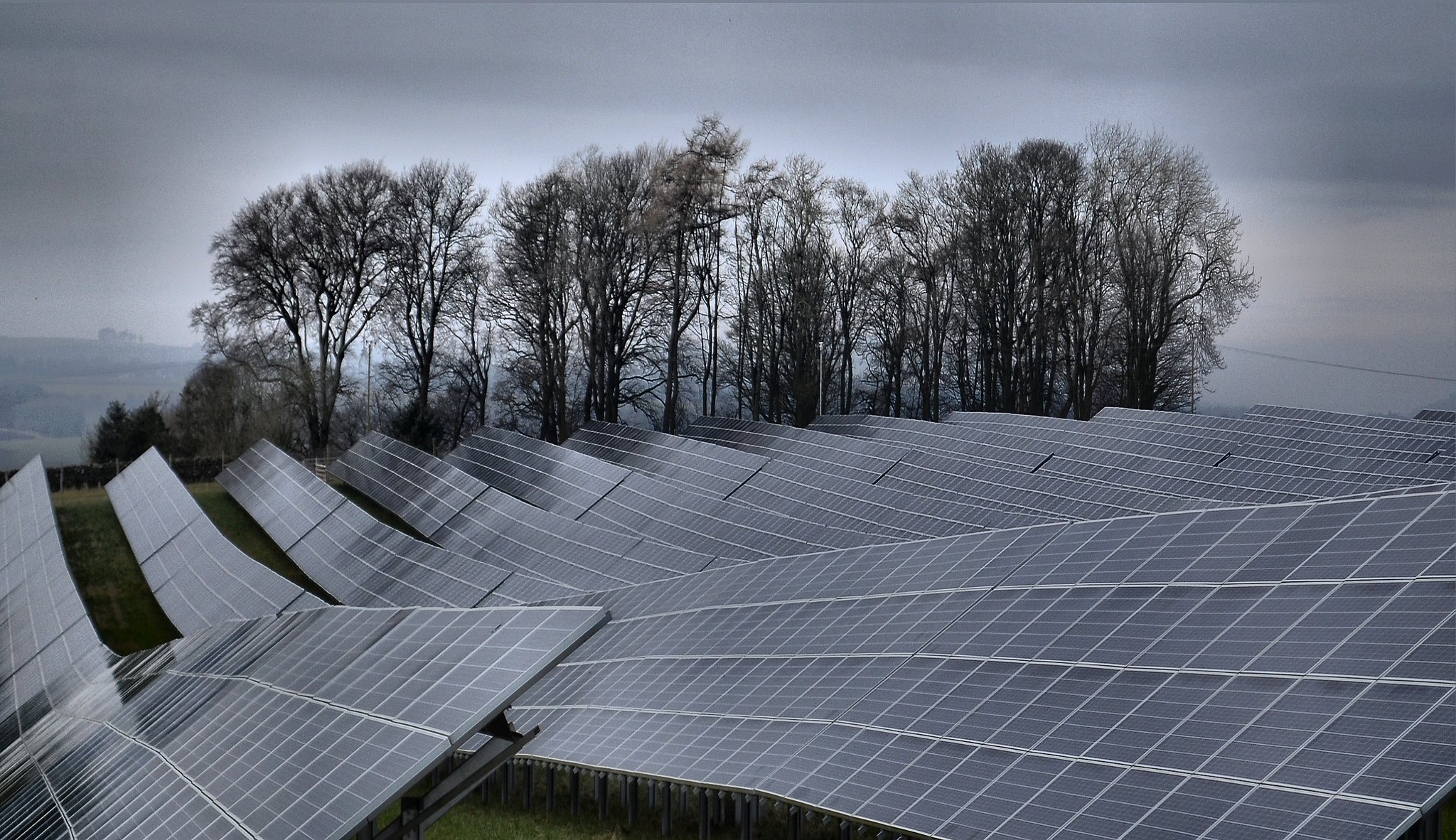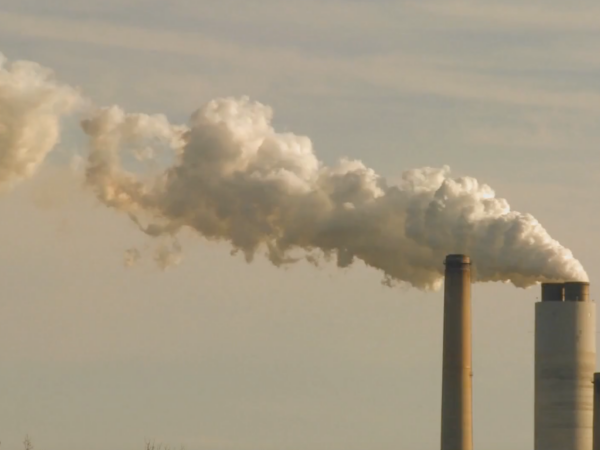
Keep up with energy-related developments in the Great Lakes area with Great Lakes Now’s biweekly headline roundup.
Click on the headline to read the full story:
Illinois:
- At long last, a new Illinois energy bill is likely imminent – Energy News Network
An ambitious clean energy bill appears poised to pass in Illinois before the end of the legislative session this month, with stakeholders feverishly negotiating to find common ground and hash out crucial details.
At least five different significant energy bills have been introduced, with the most recent addition — the Consumers and Climate First Act backed by Gov. J.B. Pritzker — potentially being the catalyst needed to get to the finish line.
- Illinois pork plant powered by the sun, thanks to C-PACE financing – Energy News Network
A massive pork processing plant in a small Illinois town is powered by solar thanks to commercial PACE financing — a first for the company, and for Illinois, and an example that advocates hope will inspire other industries to embrace the form of financing for clean energy projects.
JBS Foods USA is saving about $250,000 a year and making progress towards its goals of net-zero carbon emissions by 2040 thanks to the 2.6-megawatt solar array, which consists of 7,200 panels on a lush field near the plant that kills 20,000 hogs a year and is the economic lifeblood of the town of Beardstown.
- Illinois was going to be one of the greenest states. It hasn’t worked out that way. – Chicago Sun Times
Five years ago, Illinois lawmakers passed a law that boldly aimed to build a solar power industry from scratch while also saving thousands of jobs at two struggling Exelon nuclear plants.
Besides bailing out the nuclear plants, the Future Energy Jobs Act promised to create tens of thousands of solar power jobs and get the state moving away from fossil fuels to a point where, by 2025, Illinois would be getting a quarter of its power from “clean energy” sources.
Things haven’t worked out as planned. The 2025 target is now far out of reach, the jobs expectations went unmet, and the solar industry is laying off workers as the funding that was promised has dried up, an investigation by Inside Climate News and the Chicago Sun-Times found.
Michigan:
Those planning to travel for the upcoming Memorial Day holiday should expect to pay a little extra at the gas pumps as the average price for a gallon of regular fuel is on the rise. According to GasBuddy, the average price for a gallon of gas is now $2.93 in Michigan.
That’s slightly lower than the national average of $3.04 per gallon, but still up 11 cents from the price of gas on April 25. Gasoline is up 97 cents per gallon when compared to the price this time last year, but it’s important to note that was during the early days of the COVID-19 pandemic when far less people were traveling and supply was much more plentiful.
Minnesota:
- Duluth to receive largest solar energy array yet – Duluth News Tribune
The Duluth City Council will be asked Monday to sign off on plans to install the largest solar energy array the city has ever seen. If the resolution passes, it will open the way for Duluth to lease out 9.5 acres of land off Riley Road to Rendfield Land Co., a subsidiary of Allete Inc.
Allete, the parent company of Minnesota Power, proposes to invest about $3.9 million to install a 1.6-megawatt array across the road from Lake Park Athletic Complex. The output from the solar panels is expected to be sufficient to power about 300 homes.
Ohio:
- Ohio bills would let township boards block wind and solar power – Energy News Network
An Ohio Senate committee is set to take up a proposal Tuesday that would give townships unprecedented control over wind and solar siting decisions.
The latest version of Senate Bill 52 would prevent wind or solar companies from applying to build projects unless townships first set up an “energy development district.” As few as 50 people in the smallest townships could force a referendum on the districts, and local boards would be able to veto projects even after they are approved by the Ohio Power Siting Board.
United States:
A new Bitcoin Mining Council has been created to improve the crypto-currency’s sustainability, following a meeting of “leading” Bitcoin miners and Elon Musk.
The Tesla CEO tweeted the development was “potentially promising”.
It’s hoped the council will “promote energy usage transparency” and encourage miners to use renewable sources.
The process of creating Bitcoin consumes large amounts of electricity.
Catch up on other Great Lakes energy headlines here:
Wolf takes next step to start carbon emissions caps in 2022
Clean megaprojects divide surprise group: environmentalists
With Line 5 closure, a ‘game of chicken’ over how to heat Upper Peninsula
Featured image: Solar panel farm (Photo by Stuart Anthony via Flickr, cc 2.0)
1 Comment
-
These Solar Panels generate electricity during the night time too?




